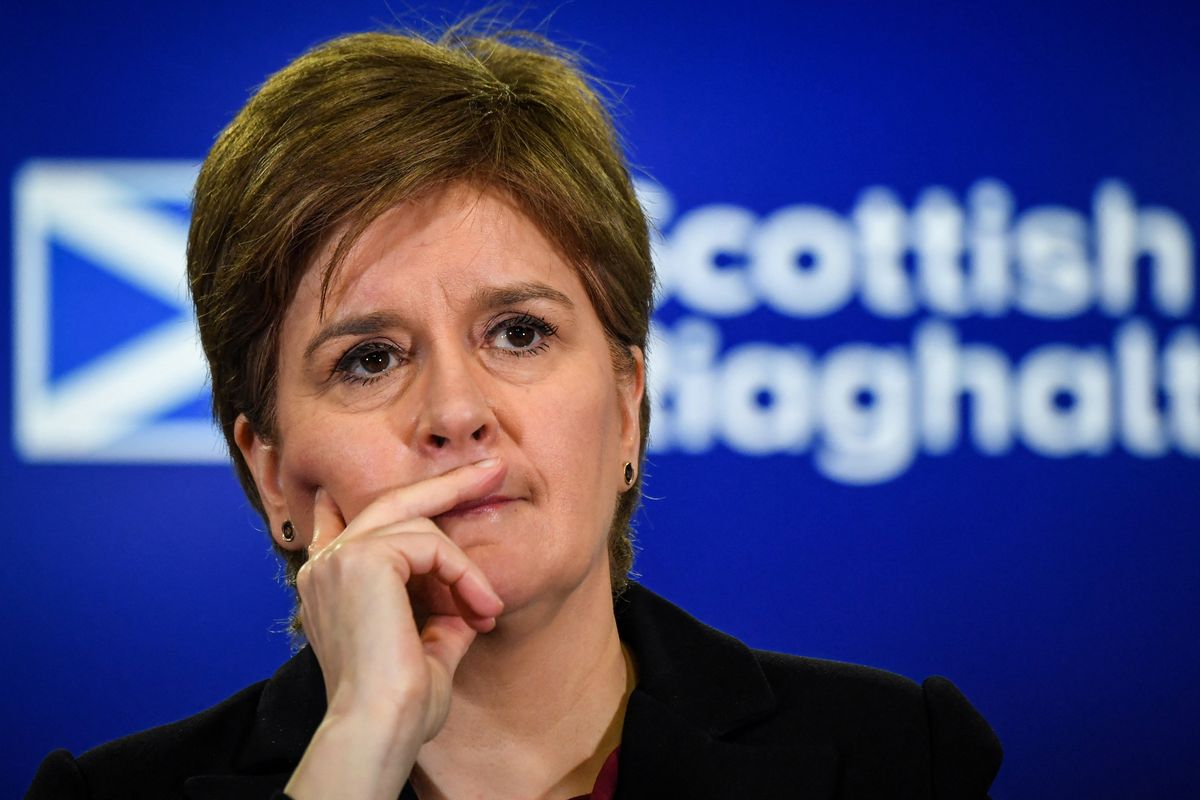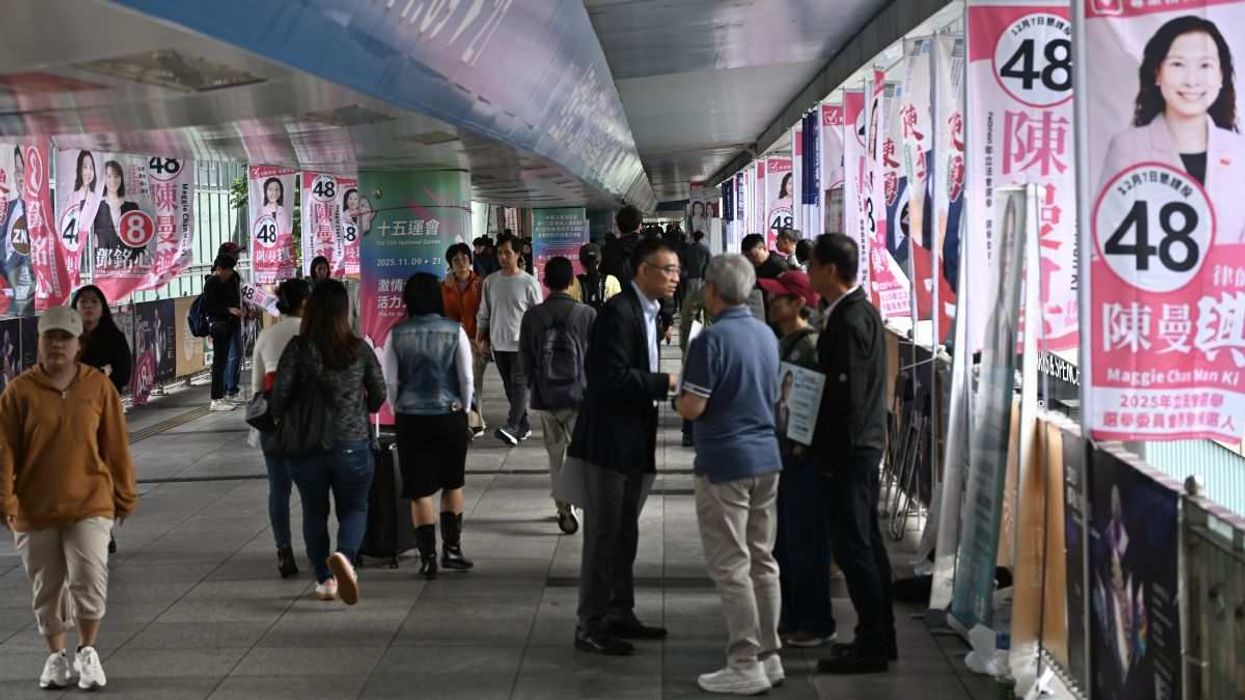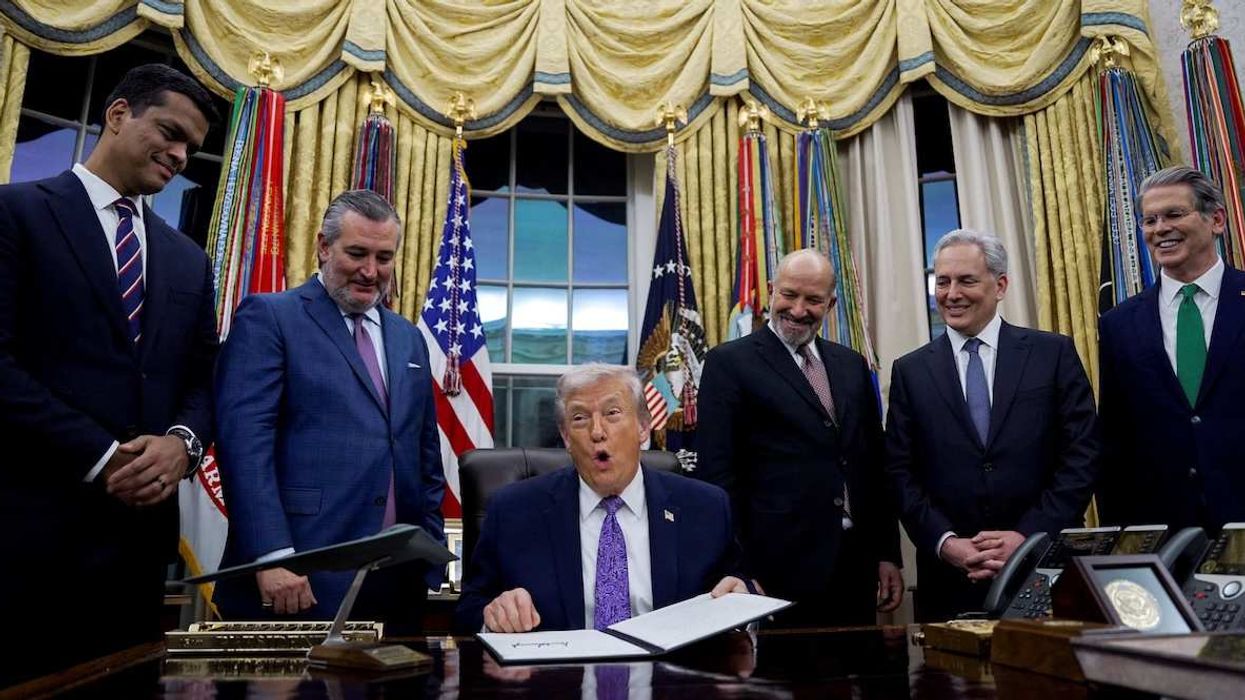On Sunday, Scotland's former First Minister Nicola Sturgeon was briefly detained over a police investigation into some 600,000 pounds ($750,000) worth of missing funds at the Scottish National Party. She was released without being charged after seven hours of questioning.
The arrest sent political chills throughout the SNP, which has been thrown into chaos since Sturgeon abruptly resigned in February as Scotland's longest-serving and first female leader. At the time, her departure was seen by many as a clear sign that a new Scottish independence referendum — the SNP's raison d'être — is highly unlikely in the near term. That seems an even longer shot now following the police probe into the party's finances.
Sturgeon was replaced by Humza Yousaf, who after several months in charge has struggled to unite the party. Just hours before his predecessor was picked up by the cops, he offered to cut a deal with the opposition Labour Party if the next British election delivers a hung parliament (presumably in exchange for another vote to leave the UK).
But the problem is that the SNP stands to lose many votes and seats to Labour, which used to dominate Scottish politics until the early 2010s. Upshot: The window of opportunity for a fresh plebiscite that opened up after Brexit is fast closing.



















